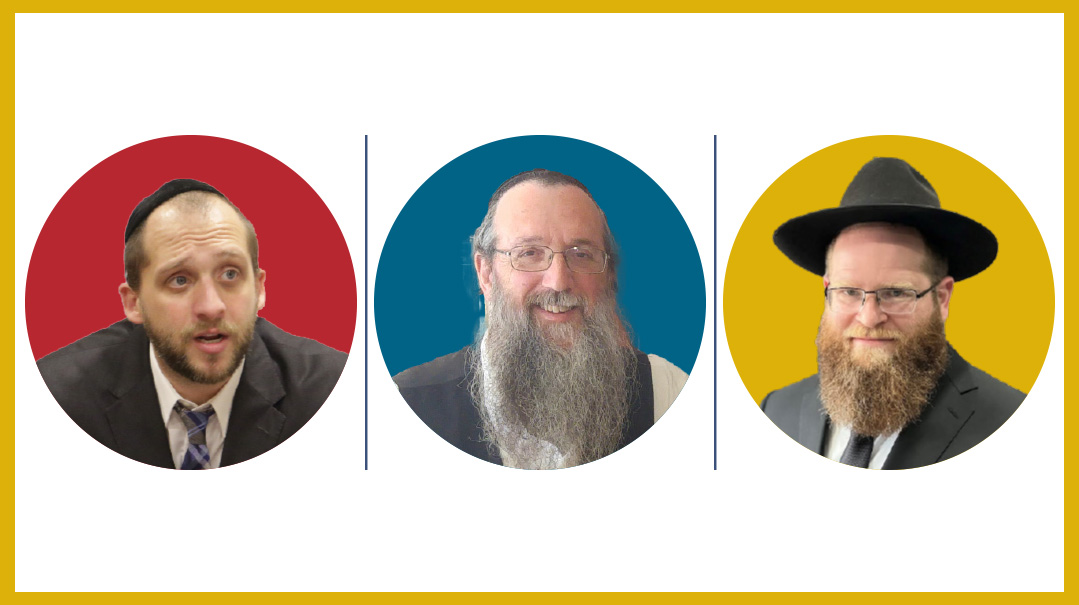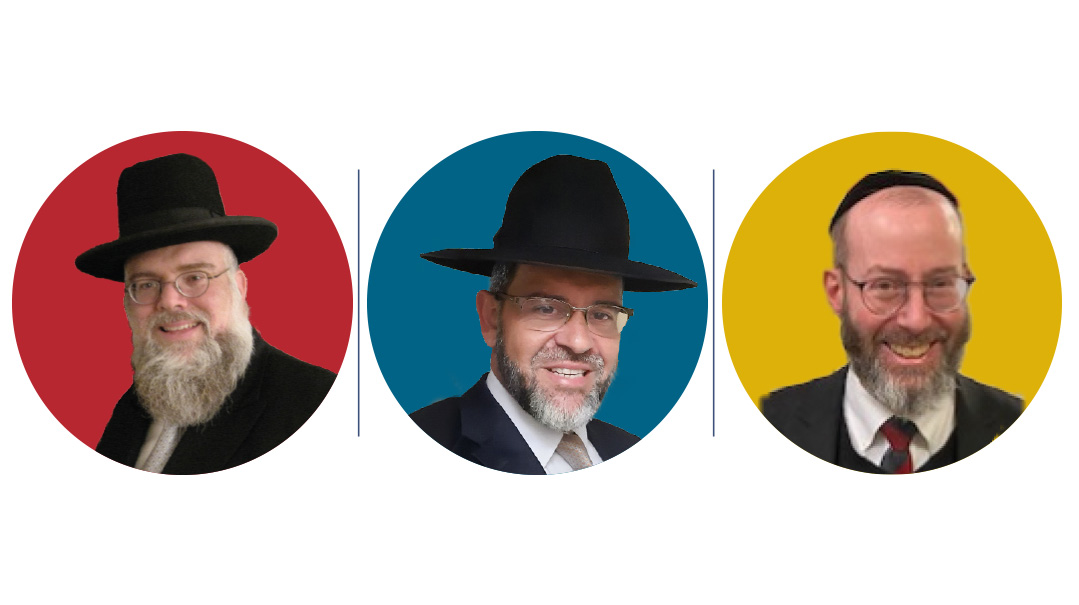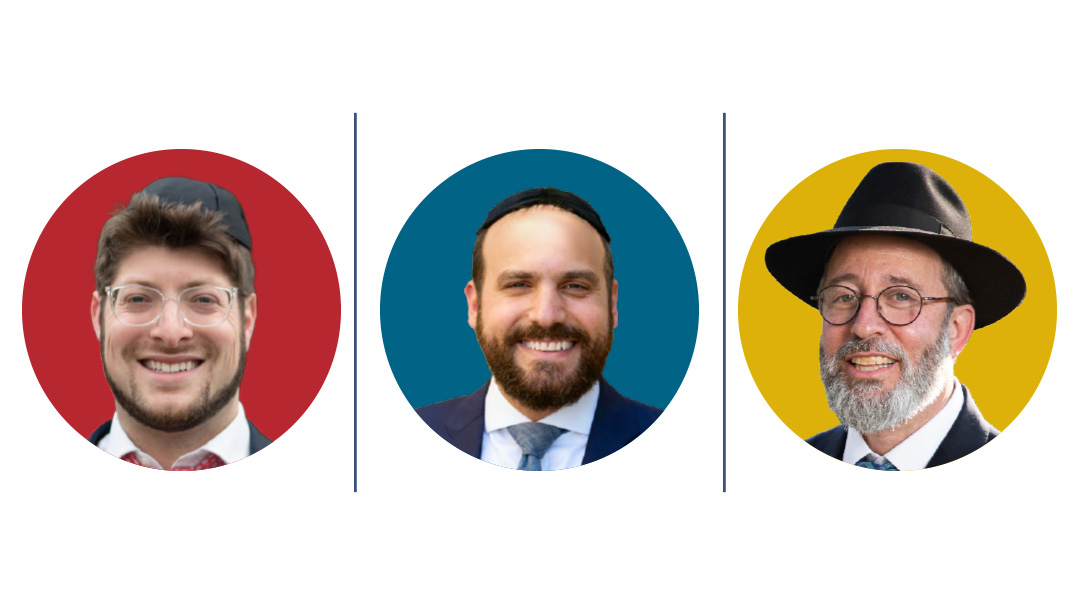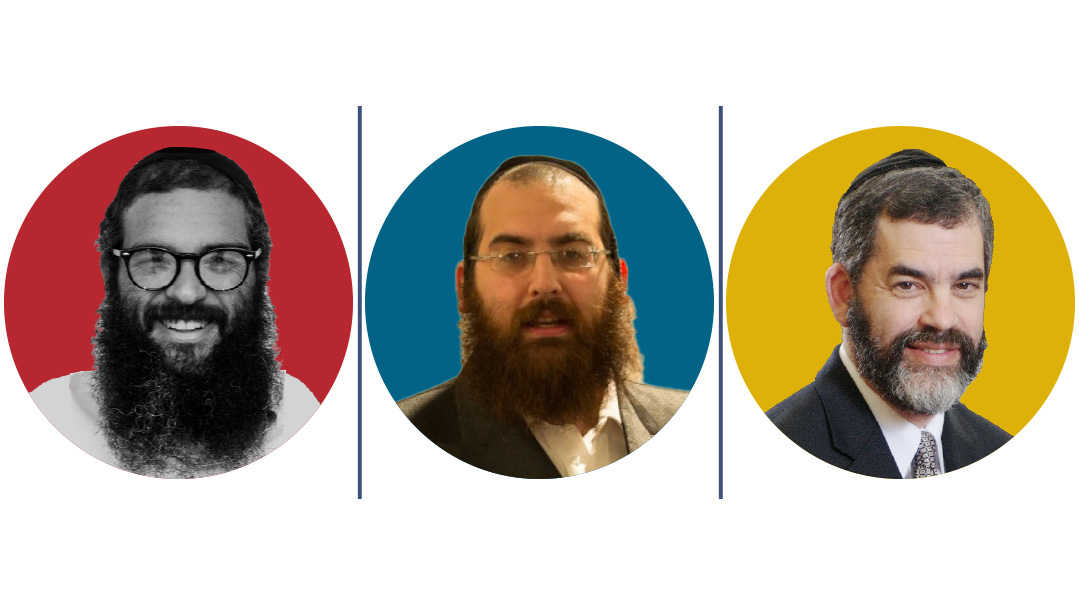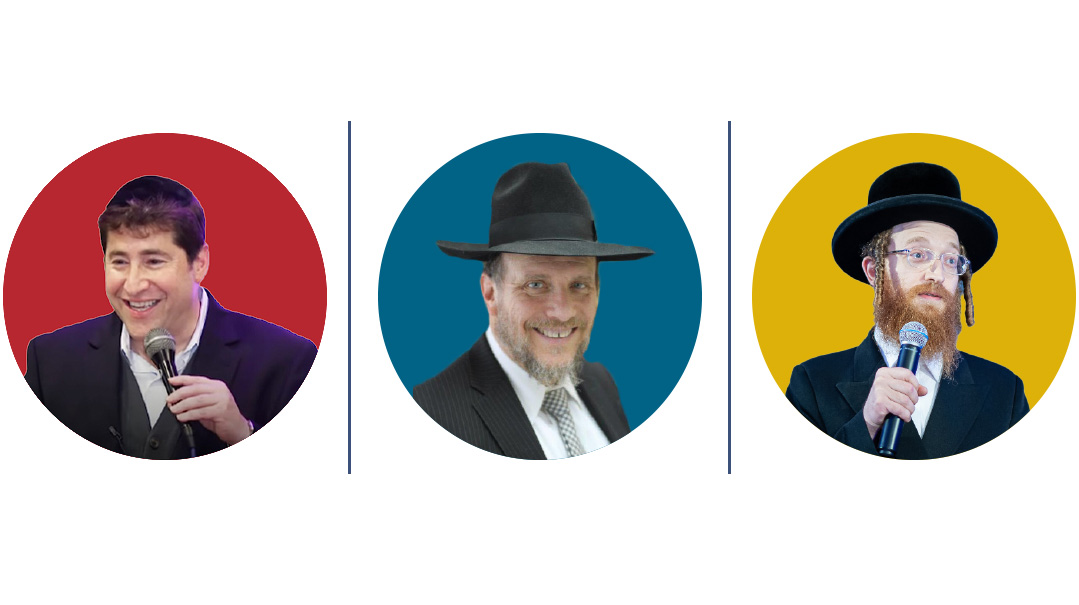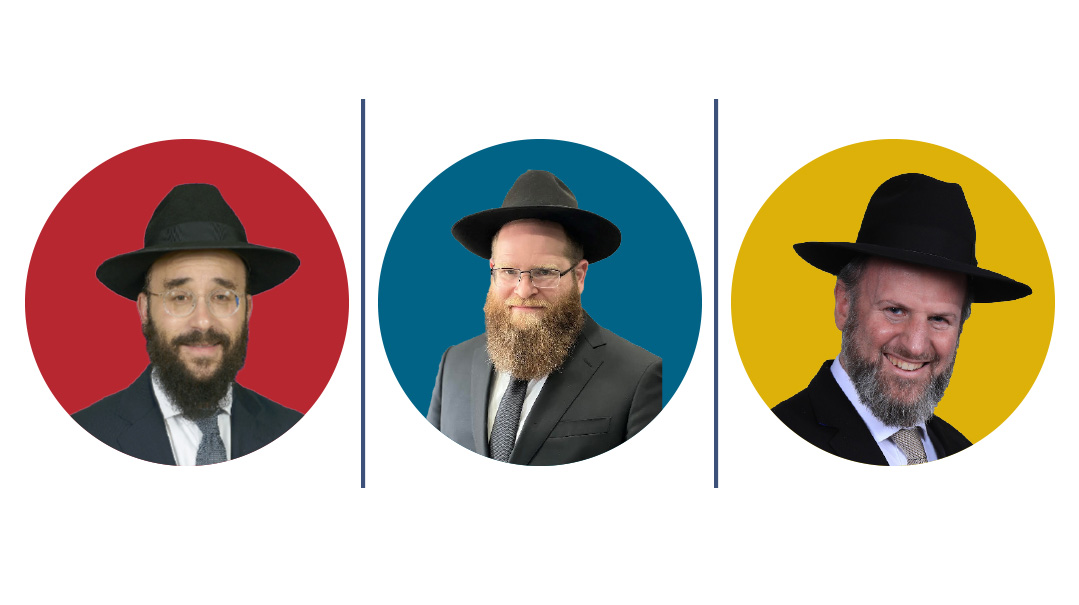The Best Shul for a Young Boy

"Wherever there is unique potential for the good, there is also unequaled potential for harm"
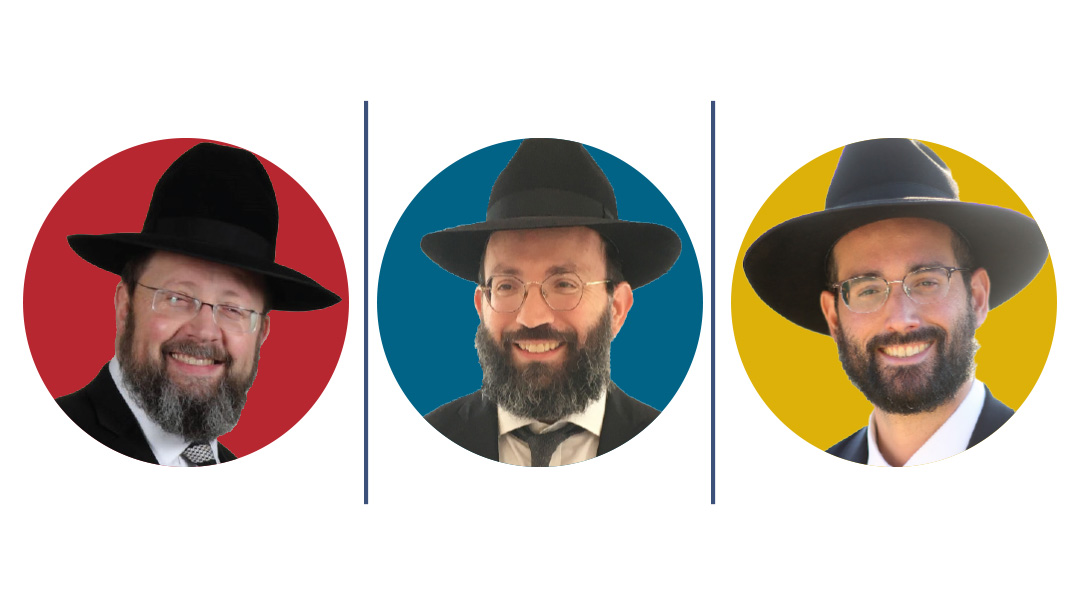
The claim: A boy gains more from davening alongside his father at a family shul than from davening at a shul which he deems a better fit for his character or schedule
Rabbi Avrohom Neuberger: Agree (Usually)
Rabbi Shraga Freedman: Not Exactly
Rabbi Yitzchok Levenspil: Agree, in theory
Rabbi Avrohom Neuberger
Agree (Usually)
What makes the alternate place a better fit for his character or schedule? If it’s better because it’s the type of place where he can comfortably come late and schmooze and no one will bother him, well, then he would certainly gain more davening alongside his father — by waking up early and schmoozing less. And then I agree.
But if the son prefers a different shul simply because it’s a better fit for him —because the attendees are his ilk, and the davening style appeals to him — that’s a different story. People generally daven better when they are comfortable and at peace. So, then I would disagree.
But on second thought, these benefits have to be weighed against the advantages of davening with one’s father. What are they? Pride and identity.
When chinuch works well, a child is proud of his father and family, and he embraces his family’s culture as his own identity. He tells himself: I am a Yekkeh, a yeshivah man, a Bobov 45 or a Bobov 48, etc. All these self-identities are healthy. They confer on the young man a place in Yiddishkeit, a culture and a value system. Davening with one’s father greatly enhances this feeling of tradition.
Bottom line, unless there is a significant comfort gap between davening in the father’s shul and the alternate makom tefillah, I agree that the young man should daven with his father.
On a related topic: The benefits of a youth minyan are immeasurable; they promote participation of children of all ages. However — and this point is critical — there must be an adult overseeing the davening whom the children respect, and who will ensure that the proceedings move along in a bekavodig manner.
Rabbi Avrohom Neuberger is the rav of Congregation Shaarei Tefillah of New Hempstead and the author of Positive Vision and the recently published Sefer Chofetz Chaim (elucidated), a Chofetz Chaim Heritage Foundation project (ArtScroll/Mesorah).
Rabbi Shraga Freedman
Not Exactly
We would be filled with nachas if our children fit into our mold, followed in line with our expectations, and had the same interests and values. But many times, they don’t. To paraphrase the Serenity prayer, parenting is all about accepting the things we can’t change, changing the things that we can, and having the wisdom to know the difference between one and the other.
Many children will only daven well in a place where they feel comfortable. I feel the father should sacrifice his interests and style and daven where his son would feel more comfortable rather than forcing the child to daven in a place that is painful for him. When it’s not possible for the father to join the child at his shul, he should at least drop in once in a while and daven alongside his son. He could put some effort into ensuring that his son connects with the rav or other positive influences.
We need to enter our children’s lives even in places that are uncomfortable for us. Make sure that we are connecting to their world and they feel understood. We should be very familiar with our children’s friends, their outlets, their teachers, and their shuls.
Many rabbanim have invested resources into making their shul and davening “kid friendly,” and put effort into connecting with the children. Do your best to find a shul and a rav that can work for your child as well.
Rabbi Shraga Freedman is the author of Living Kiddush Hashem and the sefer Mekadshei Shemecha and founder of the Living Kiddush Hashem Foundation. Visit LivingKiddushHashem.org for many free resources. He is also a licensed therapist and has a private practice in Baltimore.
Rabbi Yitzchok Levenspil
Agree, in theory
Davening with one’s father can potentially make an everlasting impact on the child, more so than any other positive external experience outside of the home.
The things that we do with our children from a young age become embedded in them as part of their identity. If we can make a satisfying experience out of davening together, they’ll have a positive association with tefillah for the rest of their lives.
However, wherever there is unique potential for the good, there is also unequaled potential for harm. If davening with one’s father becomes a source of negative energy, the negative association which it will create will be equally embedded in the child’s identity.
This brings to mind the story of Miriam bas Bilga, as brought down in the end of Gemara Succah. She came from a family of Kohanim but tragically, married a Greek. When the Greeks overran the Beis Hamikdash, she entered and kicked the Mizbeiach. Chazal found out, and the whole mishmar of Kohanim from her family was punished.
The Gemara questions why the whole family was punished because of one person, and the answer it offers sheds light on our dilemma here as well. If this is how Miriam bas Bilga acted outside of the home, she must have imbibed such sentiments inside her home. Had the family cultivated positive feelings toward their avodah, she would have internalized that appreciation. The positive association would have remained with her for the rest of her life, regardless of any subsequent Greek influence.
A parent needs to keep his eye on the goal: making davening into a positive experience forever. A father needs to be honest with himself. Can these positive feelings be created in his shul? If his preferred shul comes along with pressure and expectations his son can’t meet, or his son feels like he’s losing out by not davening with his friends, these negative feelings need to be addressed individually. A father must be sensitive to the unique needs of his son at each stage of development.
Yes, it’s a father’s role to try to cultivate a welcoming environment in his shul for his son. But at the same time, it’s equally incumbent on him to let go when need be.
Rabbi Yitzchok Levenspil (MSCC, NCC) has vast experience working with parents, children, adolescents, and adults both within the chinuch system and in clinical settings. He is currently a maggid shiur in Yeshivas Nesiv Hatorah and hosts various workshops. He maintains a private practice as a psychotherapist in the Jerusalem area.
(Originally featured in Mishpacha, Issue 913)
Oops! We could not locate your form.

